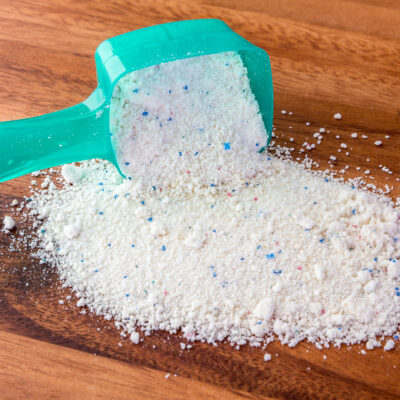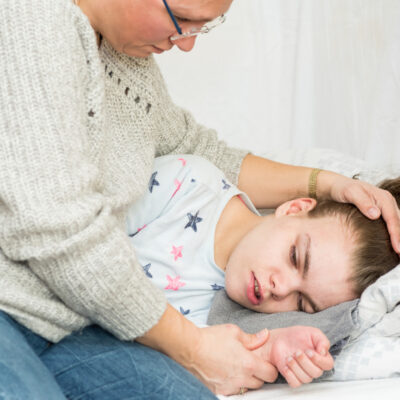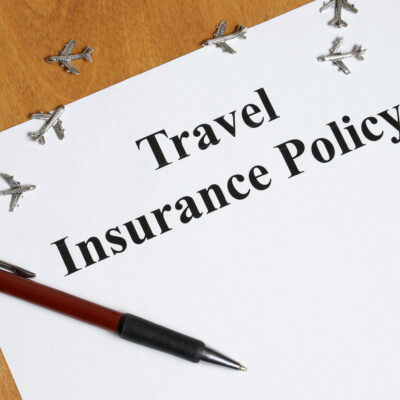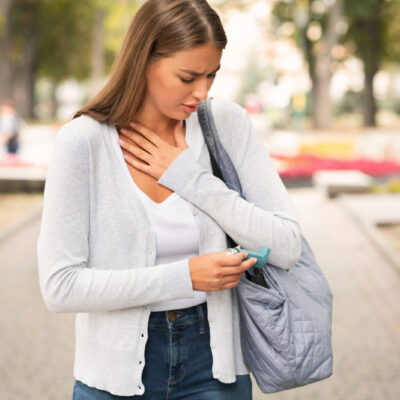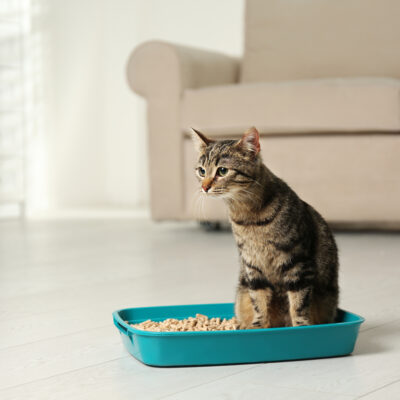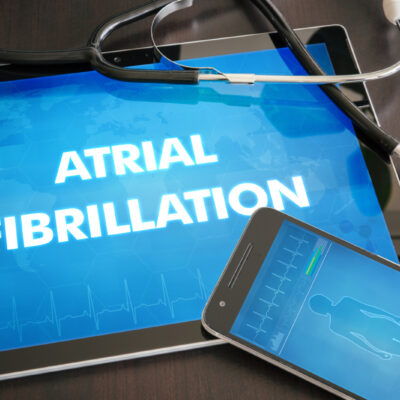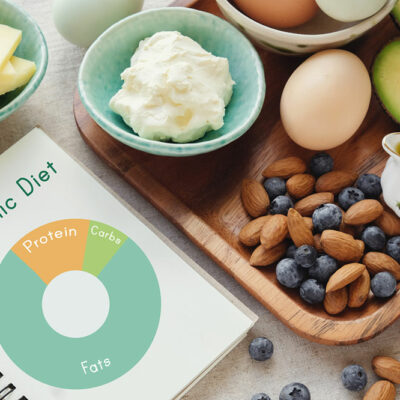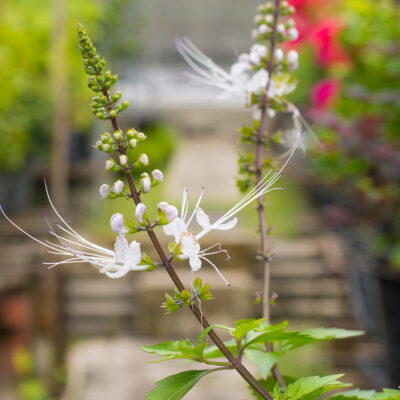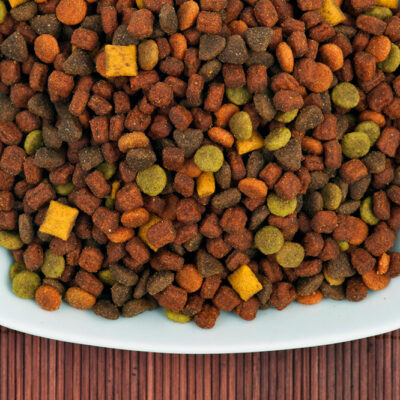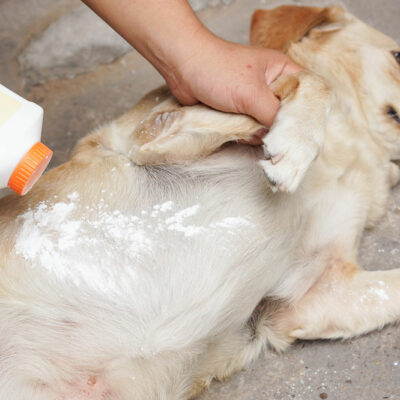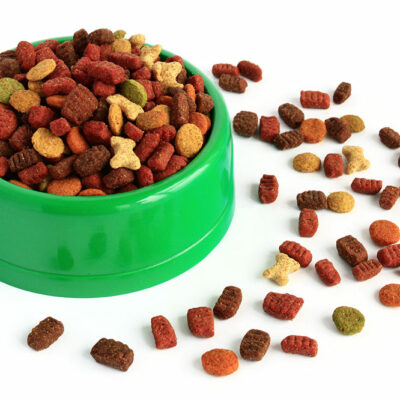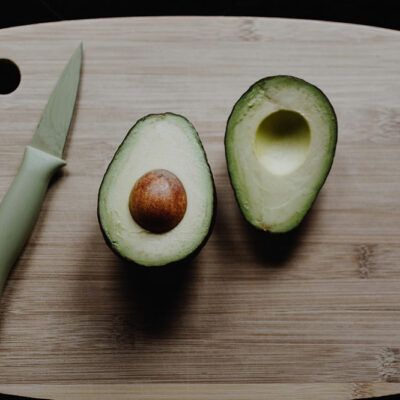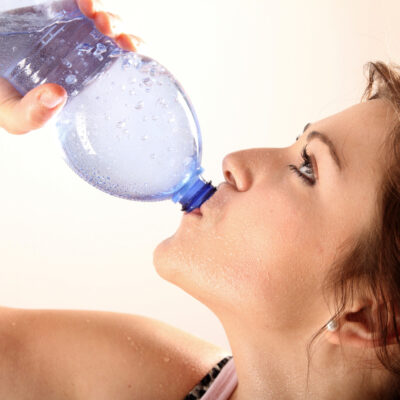
Health
The Best Time to Drink Water for Maximum Health Benefits
Determining how much water to drink each day can be a challenge. Experts don’t always agree and recommendations may vary depending on the source. According to research conducted by the National Academy of Medicine, men should aim for about 15.5 cups of water per day and women should aim for about 11.5 cups per day, adjusting for factors like activity level and environment. When you choose to drink your water is also an important factor. Whether you prefer bottled water, natural flavored sparkling water, premium spring water, or tap water in a variety of cool water bottles—or maybe you’re considering installing an in-home water filtration system?—drinking water at these times can help you see the most benefit: 1. Before each meal It’s common to enjoy a beverage with a meal, but drinking a glass of water before each meal can be especially helpful. Research shows that drinking water before a meal helps you feel more full, which then helps prevent overeating. One study found that participants who drank about two cups of water before eating experienced significant changes in weight and body fat levels. Another found that people who drank water before a meal ate nearly 13 percent less than those who did not.
Read More 
